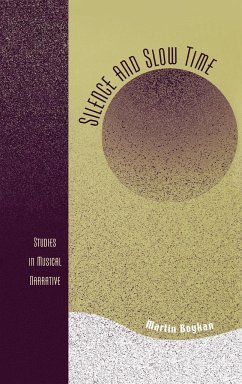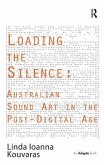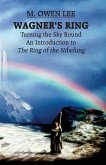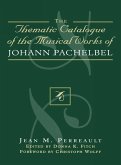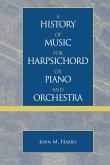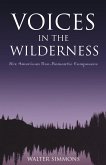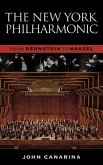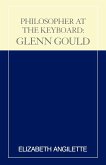This book proposes a way of thinking about music that is faithful to the experience of playing or listening during a real performance. 'Narrative,' in this context, refers to the rhythm of a piece and the way it shapes the succession of events, and the choice of details-chord progressions, melodic figures-that can profoundly affect the way time appears to flow. The argument is developed through a close reading of passages from the full range of Western music. Analyses of dramatic narratives in Haydn, Beethoven, Schubert, and Chopin reveal a richness that can only be captured if thematic or voice-leading relationships are placed within a temporal context. Other kinds of narrative are explored in a Renaissance motet, and in the music of Wolf and Debussy at the end of the 19th century. The book devotes several chapters to the great innovators of the 20th century, and concludes with a detailed study of the Schoenberg Trio that traces its thematic and harmonic process to suggest a somewhat oblique relation to the apocalyptic moment when it was composed.
Hinweis: Dieser Artikel kann nur an eine deutsche Lieferadresse ausgeliefert werden.
Hinweis: Dieser Artikel kann nur an eine deutsche Lieferadresse ausgeliefert werden.

